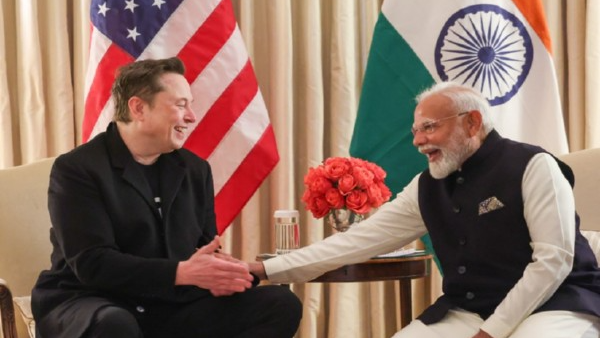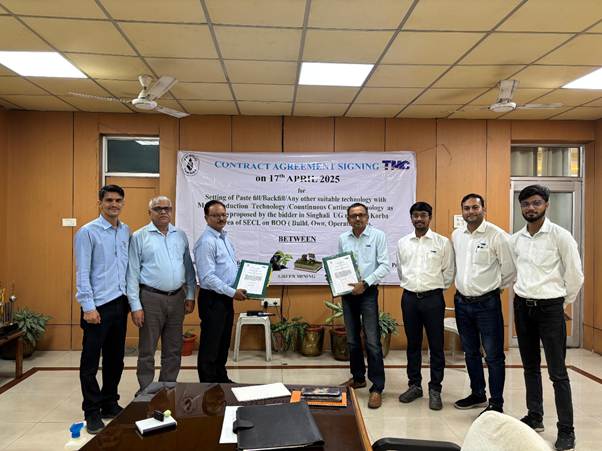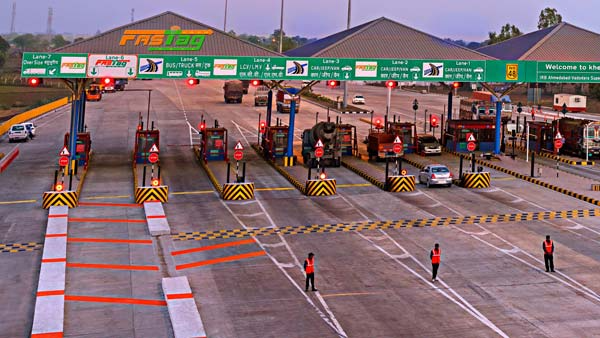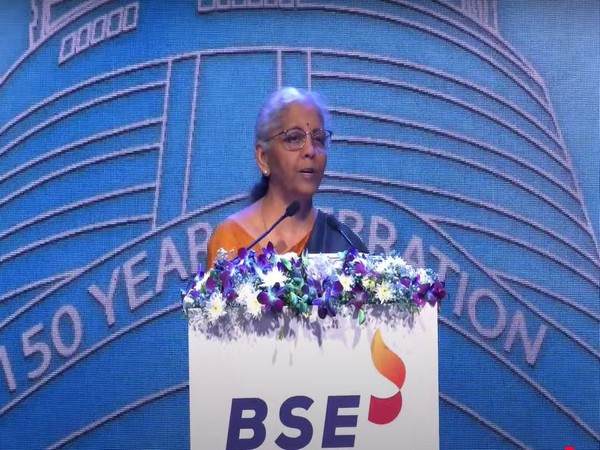Google Explores Pixel Production Shift to India amid Tariff Concerns
Alphabet Inc.'s Google is reportedly evaluating a significant shift in its manufacturing strategy, considering moving a portion of its global Pixel smartphone production from Vietnam to India. This is understood to be driven primarily by concerns over proposed US import tariffs that could heavily impact goods sourced from Vietnam compared to those from India. Let's look into the reported discussions, the tariff implications driving this consideration, and the potential expansion of Google's manufacturing footprint in India.
Strategic Move amid Tariff war
The core impetus behind Google's exploration appears to be the differential tariff rates proposed by the United States. Reports suggest a potential levy of 46% on relevant imports from Vietnam, contrasting sharply with a proposed 26% rate for similar goods imported from India. China, which still handles some Pixel manufacturing, faces an even steeper 145% tariff. While a temporary 90-day pause on certain reciprocal tariffs took effect on April 9th, 2025, a baseline duty remains, and the long-term risk associated with the higher proposed rates for Vietnam-sourced goods makes India an increasingly attractive alternative manufacturing hub for exports, particularly to the crucial US market. This reflects a broader trend, with other tech companies also reportedly reassessing supply chains due to potential tariff shifts.
Current Operations and Expansion Plan
Google currently manufactures Pixel phones in India, primarily for the domestic market, producing an estimated 43,000-45,000 units monthly. This production is handled by contract manufacturers Dixon Technologies (reportedly focusing on newer models at its Noida facility) and Foxconn (handling older models from its Tamil Nadu plant). The ongoing discussions reportedly involve significantly ramping up this Indian assembly capacity for export purposes. Furthermore, Google is said to be considering gradually increasing the localization of key components within India, such as enclosures, fingerprint sensors, chargers, and batteries, which are currently largely imported. The evolving trade dynamics are reportedly accelerating these considerations, potentially fast-tracking earlier timelines for expanding Indian production capabilities.
Google's reported exploration of shifting Pixel smartphone production towards India underscores the significant impact of geopolitical trade tensions and potential tariff changes on global supply chain strategies. Driven by the prospect of more favorable US import duties compared to Vietnam, this potential move highlights India's growing appeal as a manufacturing base for major technology firms seeking to diversify production and mitigate tariff risks. The outcome of these considerations could significantly reshape Google's hardware manufacturing landscape and bolster India's position in the global electronics supply chain.
















































